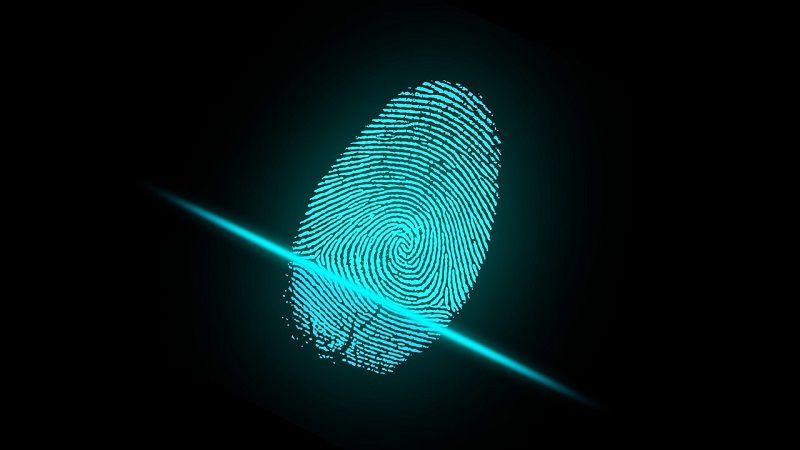Zeteo Tech wins DHS S&T funding for bio threat detection tech

The Department of Homeland Security (DHS) Science and Technology Directorate (S&T) announced on April 11 that it has awarded $1.5 million to Zeteo Tech to develop and test a new sensor technology prototype that combines trigger and detector functions and will enable real-time detection of aerosolized biological threat agents including bacteria, viruses, and toxins.
“S&T’s objective in developing this new sensor technology and our other biological and environmental threat detection initiatives is to protect citizens and critical infrastructure from these threats,” said William Bryan, senior official performing the duties of the under secretary for science and technology. “These efforts will greatly improve detection and response times to potential bioterrorism attacks or naturally occurring biological incidents.”
S&T is working to develop and test new technologies that will decrease the time and costs required to detect a biological incident. The Zeteo Tech prototype sensor will combine two component technologies that together have trigger and detector functions. The trigger technology will sort individual airborne biological agents by size and shape and send them into the detector one particle at a time to ensure that a clean, single “molecular fingerprint” is generated for that particle.
The detector will use matrix-assisted laser desorptive ionization time-of-flight mass spectrometry (MALDI-TOF MS) technology to generate molecular fingerprints that are unique to each particle. By combining these technologies, this novel sensor offers potential for continuous air monitoring with the ability to rapidly and confidently identify biological particles indicative of a bioterrorism event with limited human intervention for sample collection and analysis.
Source: DHS








